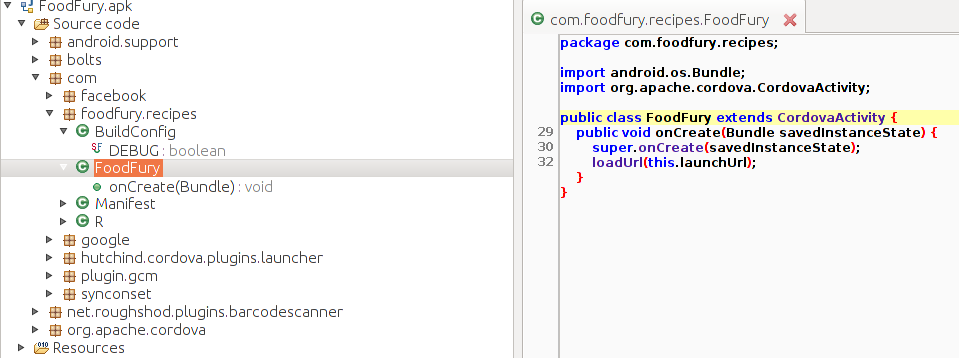Find secret API token in Android application
Jan 14, 2020 by Alexandre Croix | 5293 views
Offensive Security Mobile Device Security
https://cylab.be/blog/57/find-secret-api-token-in-android-application
In May 2019, Google announced there are 2.5 billion active Android devices. Thereby, most companies develop their own application. Not only the richest companies like Google, Facebook, Amazon,… but also a lot of smaller businesses.
If most of the big companies have enough resources to make a secure application, smaller ones, to survive, have to develop and release applications very quickly. Sometimes, without the possibility to do a correct security analysis. The potential breaches present in the applications can be a huge problem if they are exploited by a hacker.
One of the easiest issue to find is the presence of secret token API hard-coded in the application. Usually, this kind of problem is not very difficult to solve.
What is a secret token API?
During the development of an application, it is not very common for companies to implement all functionalities by themselves. For example, there are different solutions to manage geolocation (Google Maps,…) or payments (Stripe,…).
To use their services, companies like Stripe or Intercom (messaging service) provide an API (Application Programming Interface). For these external functionalities, the application needs to authenticate itself on the related server. The authentication can be done by sending the secret token API to the server by using an HTTP/HTTPS request. In this case, the token is a static string, used as a username/password combination. Obviously, it is insecure to let the token in the application code. Particularly if the token refers to a payment API or an API that manages a users database.
Recover Android application code
An Android application is usually written in Java, compiled in Java bytecode and converted in Dalvik bytecode (specific bytecode for Android). As for Java bytecode, it is very easy to recover source code from Dalvik bytecode. The bytecode is stored in the file classes.dex inside the .apk file (that is actually a .zip archive). There are different tools to translate bytecode to Java source code. dex2jar or jadx for example.
jadx has a graphical interface, it is easier to use than dex2jar.
After downloading jadx, unzip the archive, go to bin folder and run
user@computer:/home/jadx/bin$ ./jadx-gui
Select the .apk file you want to decompile.

Find token API
After the application was decompiled, it is possible to navigate in the code to find tokens. The problem is it is very tedious to do it manually. Hopefully, there is a tool that automates all the procedure and even finds API token inside the code automatically. The tool, apk_api_key_extractor, is written by Allessandro Di Diego for his thesis. The tool is able to decompile and discover API strings inside the code. It is based on a pre-train neural-network (Multilayer-Perceptron network). For more information about his work, read the Allessandro Di Diego’s thesis
The tool requires Python 3 to work.
$ git clone --recursive https://github.com/alessandrodd/apk_api_key_extractor.git
$ cd apk_api_key_extractor
$ cp config.example.yml config.yml
$ pip3 install -r requirements.txt
$ python3 main.py
The command to run the tool is:
$ python3 main.py --analyze-apk path/to/apk
To result will be displayed in the terminal. It is possible to store results in apikey.jsonl file by changing the line dump_location: console to dump_location: jsonlines in file config.yml.
If you have several applications to analyze, it is possible to run the tool to work on all applications placed in the apks folder.
$ python3 main.py ----monitor-apks-folder
With this argument, the tool will monitor the folder apks and analyzed the application as soon as a new one is placed inside the folder. The analyzed applications are moved to the apks_analyzed.
Thanks to this tool, it is easy and fast to check if we have not let secret tokens inside the application during development.
This blog post is licensed under
CC BY-SA 4.0


